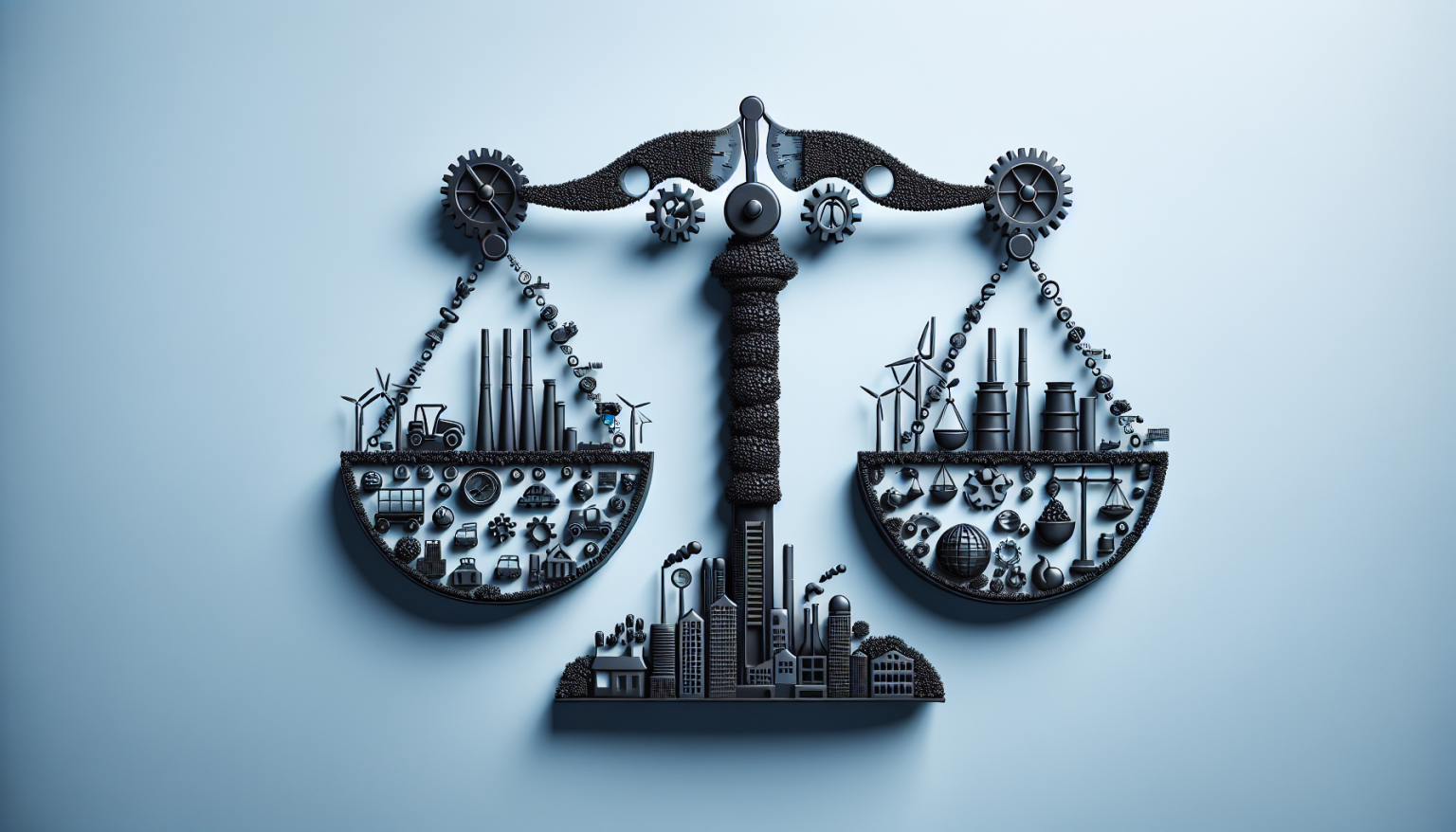The recent vote in the European Parliament on the simplification of the Carbon Border Adjustment Mechanism (CBAM) has sparked significant tensions, particularly concerning the exemption of aluminum. This mechanism, set to take effect in January 2026, could raise the production costs of aluminum in Europe by between 24% and 31%. This presents serious risks to the competitiveness of the sector, potentially leading to increased imports of aluminum from countries outside the European Union.
The Spanish Association of Aluminum and Surface Treatments (AEA), which encompasses over 650 companies in the sector, has expressed its concern about the potential impact of this tax on the industry. According to the AEA, the implementation of the CBAM could deindustrialize local production, affecting the entire aluminum value chain, which could lead to a significant loss of jobs.
In response to these challenges, the AEA has urged policymakers to engage in direct and urgent dialogue. A review of the CBAM is imperative, especially after the recent vote showed significant support for the exemption of aluminum, with 187 votes in favor.
This issue highlights the importance of aluminum as a strategic material in the European Union. The association is working hard to defend the interests of the industry, contributing to the debate on the real impact of the CBAM on European and Spanish companies in the sector.
The AEA remains committed to defending the sectors it represents, promoting the quality and sustainability of the industry. Given the current situation, it underscores the need for a thorough analysis and open discussion before the scheduled review in October, emphasizing the urgency of protecting the future of this essential industry in Europe.
